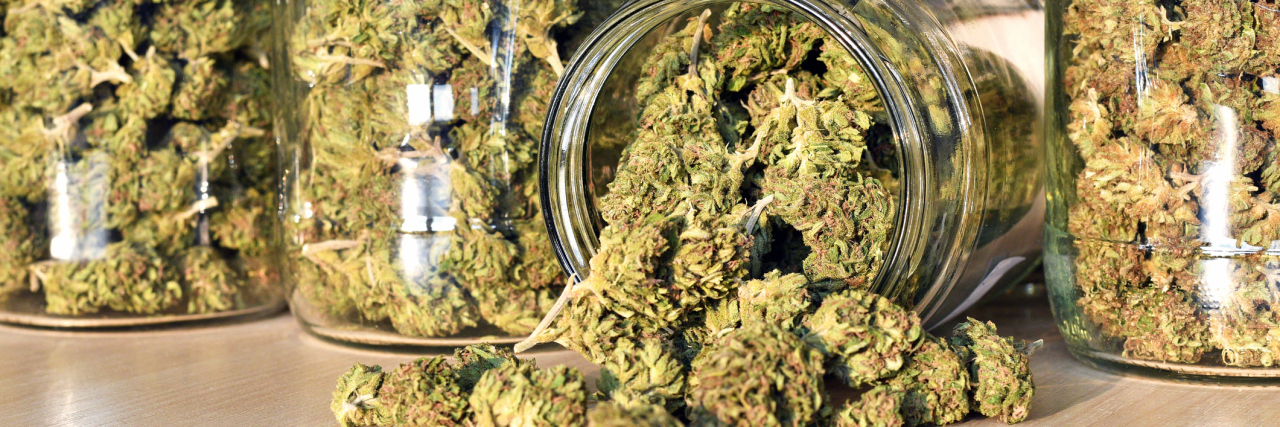If you live with chronic pain or illness and have ever felt like the people making policies about cannabis — or marijuana, as it’s commonly known — don’t seem to take into account (or even understand) your perspective, now’s your chance to advocate for yourself.
The U.S. Food and Drug Administration (FDA) posted a request for comments earlier this month about cannabis. Specifically, it asks for comments regarding “abuse potential, actual abuse, medical usefulness, trafficking, and impact of scheduling changes on availability for medical use” for five cannabis-related substances: Cannabis plant and resin; extracts and tinctures of cannabis; delta-9-tetrahydrocannabinol (THC); stereoisomers of THC; and cannabidiol (CBD).
Anyone can comment by going online and submitting here (click on “Comment Now”), or by sending a comment by mail (click on the link above for the address and submitting instructions). Comments are due by April 23, 2018. The online submission page indicates 3,908 comments have been received so far.
The request for comments is in response to the World Health Organization (WHO)’s recent inquiries into cannabis substances. The WHO’s Expert Committee on Drug Dependence (ECDD) will be meeting in Geneva from June 4 to 8, 2018, for a special session to review cannabis and its potential to cause dependence, abuse and harm to health as well as its potential therapeutic applications.
The ECDD will also discuss any potential changes to how cannabis is scheduled. The U.N. Single Convention on Narcotic Drugs currently lists marijuana as a Schedule 1 drug, the classification given to drugs with the highest abuse potential and no medical value. However, according to the FDA, marijuana has never been reviewed by the ECDD. Marijuana is still a Schedule 1 drug in the U.S., even though it is legal in some states as a recreational and/or medicinal drug. CBD is also a Schedule 1 drug in the U.S., though it has never been mentioned in any international schedules.
In advance of the June session, the WHO is asking United Nations member states to share their evaluations of cannabis, so the comments received by the FDA will be considered in the scientific and medical evaluations the U.S. submits. WHO is expected to make its official recommendation to the U.N.’s Commission on Narcotic Drugs in mid-2018.
In December 2017, the WHO published a review of existing research that found CBD is “generally well-tolerated with a good safety profile” and has “no effects indicative of any abuse or dependence potential.” It concluded that current information doesn’t justify scheduling CBD as a controlled substance. Earlier this month, a study published in JAMA Internal Medicine found that people who can get easy access to medical marijuana are less likely to fill opioid prescriptions.
If cannabis is rescheduled internationally, that could pave the way for the U.S. and other countries to change their own marijuana policies.
Getty photo by UrosPoteko

